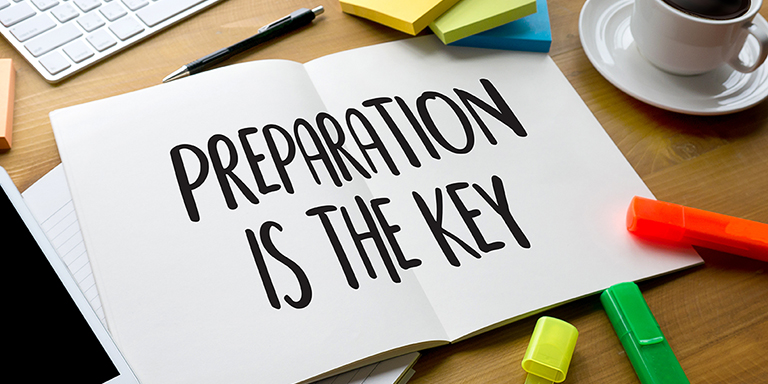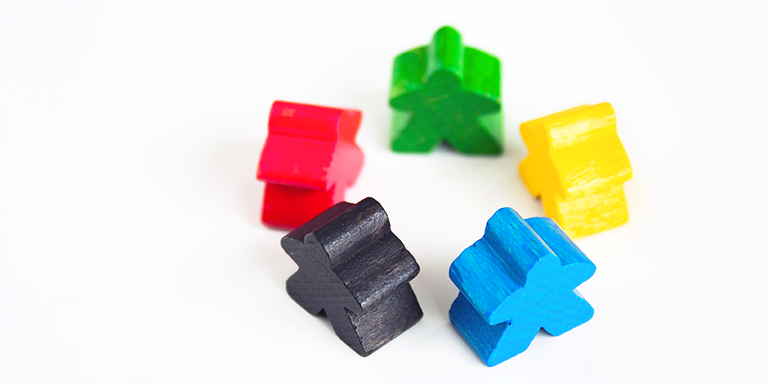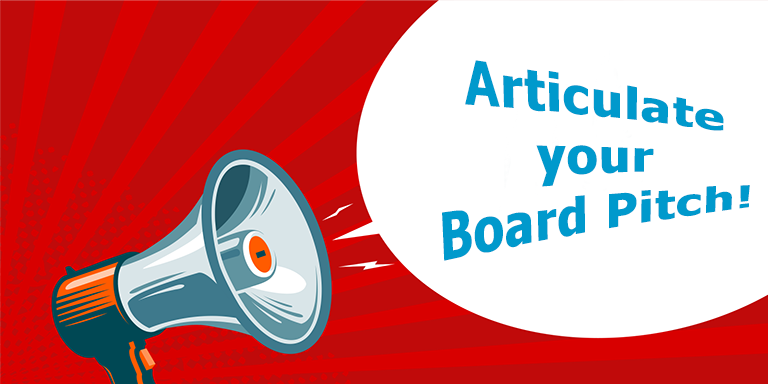Board Interview Preparation: Tips and Strategies

Board interviews can be daunting and require a different approach than traditional job interviews. The stakes are higher, the competition more challenging, and the expectations of the interview panel more significant. To be a successful board candidate, you must demonstrate your ability to make strategic decisions, contribute as a leader, and collaborate effectively with other board members. In this article, I will discuss the importance of board interview preparation; and provide some strategies to demonstrate your competency, knowledge, and commitment. Ultimately setting you apart from the other candidates.
How Board Interviews differ from other job interviews
When preparing for a board interview, you need to acknowledge that a board interview is a unique type of interview that differs from other job interviews in several significant ways:
- The focus is on strategic thinking and decision-making
- The emphasis of the interview and candidate is collaboration and teamwork
- There is a far higher level of scrutiny and risk
- The chair is the key to the outcome
The focus of a board interview is on strategic thinking and decision-making. Board members are responsible for making critical decisions that impact all stakeholders and the organization’s future. The board interview panel must ensure the selected candidate has the necessary skills and experience to contribute to the organization’s success.
Board interviews place significant emphasis on collaborative decision-making and teamwork. Board members must work closely together to achieve common goals and objectives. The board interview must ensure that the panel can identify candidates who are team players and can work effectively in a collaborative management environment.
Due to the responsibilities associated with the role of an independent board director and the potential risks associated with selecting a poor or inappropriate candidate, board interviews involve a higher level of scrutiny and evaluation than other job interviews.
The last difference is the significant role the chair plays in the board interview and selection process. The board chair makes the final decision and must sign off on any new board director appointment. He or she also has the added pressure of answering to internal and external stakeholders, including shareholders and the executive team. It is, therefore, essential that you not only impress the chair but also appease any perceived risks they may have with your appointment.
Board Interview Preparation must include research
Your online and in-person research of the organization must result in a thorough understanding of the company’s current challenges, financial health, strategic goals, mission, values, and major competitors. You should also review news articles and press releases to gain insights into industry trends and the organization’s performance.
This information will be invaluable in
- tailoring your responses during the board interview,
- demonstrating your strategic business acumen,
- highlighting your industry knowledge,
- demonstrating how your skills and experience can benefit the board..
Be prepared to showcase your skills and experience
To best showcase your skills and experience, you need to know what the interview panel & the chair are looking for in a board candidate. Having worked with and taken briefs from hundreds of board chairs, there are several common selection criteria they focus on. Your board interview preparation should include addressing each of these criteria:
- Governance Experience: Someone who has done the job successfully before.
- Skills: Someone with the skills the board requires and who will add value to it.
- Connections: Someone who knows the sector and whose connections bring additional value to the organization.
- Passion: Someone who wants to see the organization grow because they are passionate about what they do.
- Culture: Someone who will fit into the culture of the board and the organization.
Presenting your skills and experience during a board interview requires a different approach than in a traditional job interview. I recommend that, in preparation, you focus on the following:
Emphasizing your strategic thinking, decision-making abilities and governance skills
It is no secret that boards take comfort in candidates who have done the job before. So, when it comes to presenting your skills and experience in a board interview, it is essential that you emphasize your skills and experience in a strategic or board-level context. Be prepared to provide examples of times when you had to make tough strategic decisions in your previous roles. Decisions that impacted the entire organization. Be able to share the details and outcomes of that decision and how you arrived at it. Additionally, be prepared to discuss your personal leadership style and how it aligns with the goals and values of the organization.
Highlight relevant industry experience and knowledge
Board members need to be knowledgeable about the industry in which the organization operates, as well as the regulatory and competitive landscape. Be prepared to discuss your experience working in the industry and any relevant certifications or training you’ve completed. You should also be prepared to discuss your thoughts on industry trends and how they may impact the organization. The research you completed during your board interview preparation will come to fruition here.
Discuss your track record of collaboration and teamwork
Collaboration and teamwork are essential qualities for board members. Boards are typically made up of individuals from diverse backgrounds and experiences, and it’s important that they can work together effectively to achieve the organization’s goals. Be prepared to demonstrate your track record of collaboration and teamwork to achieve specific goals or complete projects.
Share examples of how you have contributed to the success of other boards or organizations
Share examples of the achievements and successes of boards or committees in which you have participated. If you have no board experience, prepare with examples of team successes you have experienced at a strategic level. Focus on what the team achieved. Be specific and quantitative. Sharing examples can help demonstrate your value as a potential board member and show you have the skills and experience needed to make a meaningful contribution.
Know Your Board Value Position
Based on your research, identify the unique value you bring to this board and this organization, such as industry expertise, diverse perspective, or specific skills. Be prepared to clearly articulate your board value position during the interview, demonstrating how your background and experience will contribute to the board’s success.
It’s also important to highlight specific skills or accomplishments that set you apart from other candidates. For instance, if you have experience working with startups or leading teams through periods of significant change, use these experiences to demonstrate your ability to adapt to new challenges and help the board navigate complex situations.
Board interview preparation must include identifying the unique value you bring to the relevant board and being able to articulate this clearly during the interview. Initially, focus on the selection criteria outlined in the advertisement or position description.
Then, be prepared to leverage your industry expertise, diverse perspective, or specific skills to help the board make informed decisions, develop new strategies and campaigns, and navigate complex challenges with confidence.
A final tip: consider the role of Emotional Intelligence in a Board Interview
Emotional intelligence (EI) and soft skills are valuable qualities of a board director. They also play a significant role in a board interview, reflecting your ability to work effectively with others, navigate challenging situations, and maintain a positive attitude. You can demonstrate your EI during the interview by:
- Showing empathy and active listening
- Maintaining composure under pressure
- Exhibiting self-awareness and humility
- Adapting your communication style to the situation
Consider asking thoughtful questions, acknowledging the interviewer’s perspective, and understanding your strengths and weaknesses, including areas where you need to improve. Effective communication is crucial; consider adjusting your tone, language, and communication style during the board interview to fit the interviewer’s style and the situation.
Conclusion
Board interview preparation can be challenging, but it is well worth investing your time. It is essential that you start with thorough research and a solid understanding of the unique expectations of the board role you have applied for. From there, you can reflect on your skills and experience that will be valuable to the board and set yourself apart from other candidates.
Related Articles
Research can help you get on a board
What are the selection criteria for independent board members
No board experience? What actions should you take?
Articulate your way to a Board Seat with a powerful Board Value Position
About the Author
David Schwarz is CEO & Founder of Board Appointments. He has over a decade of experience in putting people on boards as an international headhunter and recruiter. He has interviewed hundreds of directors and placed hundreds into some of the most significant public, private and NFP director roles in the world.







Responses